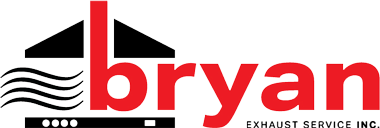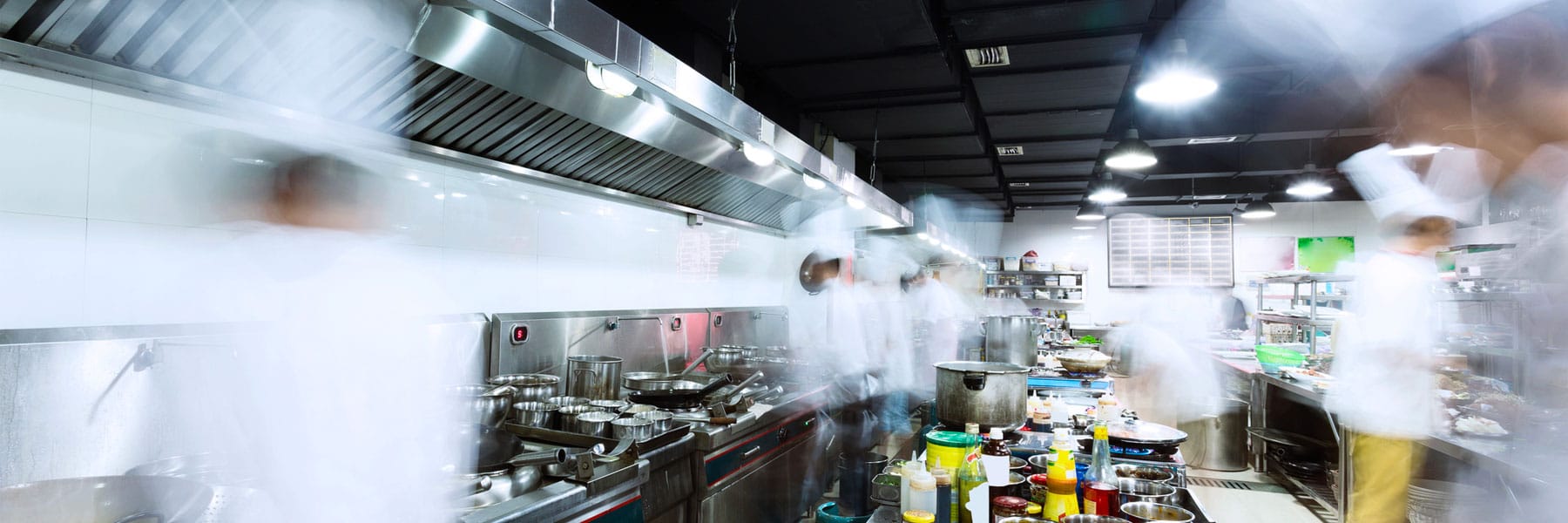Why Airflow Matters in Commercial Kitchens
Airflow plays a crucial role in ensuring the safety and efficiency of commercial kitchens. Adequate airflow helps to prevent the buildup of grease, smoke, and heat, which can cause fire hazards, health hazards, and damage to equipment. This is why it’s essential to understand the principles of airflow in commercial kitchens and how to maintain it.
Good airflow in commercial kitchens starts with proper ventilation design. A well-designed ventilation system will include hoods, exhaust ducts, fans, and make-up air units to ensure that fumes and heat generated by cooking equipment are safely exhausted from the kitchen. The system should be designed to ensure that it can handle the heat and grease generated by the cooking equipment and maintain a consistent flow of air throughout the kitchen.
Proper maintenance of ventilation systems is also crucial for ensuring optimal airflow. This includes regular cleaning of hoods, ducts, and fans, as well as checking for any blockages that could restrict airflow. Grease buildup, for example, is one of the most common causes of restricted airflow in commercial kitchens, and it can lead to fire hazards, health hazards, and damage to equipment.
Maintaining Proper Airflow for a Safe and Efficient Kitchen
The placement of cooking equipment is also an important consideration when it comes to airflow. Equipment should be positioned so that fumes and heat are drawn up into the hood and away from the cooking surface. This helps to prevent grease buildup on equipment and surfaces, and it also ensures that fumes and heat are exhausted before they can accumulate in the kitchen.
Another factor that affects airflow in commercial kitchens is the type of cooking equipment used. For example, grills, fryers, and solid fuel ranges produce a lot of heat and grease, and they require a lot of airflow to keep them functioning properly. These types of cooking equipment should be positioned so that fumes and heat are drawn away from the cooking surface, and the ventilation system should be designed to accommodate their needs.
Keeping Your Kitchen Safe with Professional Airflow Maintenance Services
In addition to preventing fire hazards and health hazards, proper airflow in commercial kitchens can also help to extend the life of cooking equipment and reduce energy costs. When a kitchen has adequate airflow, cooking equipment can function more efficiently, and it’s less likely to overheat and break down. This can also help to reduce energy costs, as equipment won’t have to work as hard to maintain a consistent cooking temperature.
In conclusion, airflow is an essential factor in maintaining the safety and efficiency of commercial kitchens. Proper ventilation design, maintenance, and equipment placement are all crucial components of an effective airflow system. By understanding the importance of airflow and taking the necessary steps to maintain it, commercial kitchens can help to prevent fire hazards, health hazards, and equipment damage while ensuring that they function efficiently and effectively.



